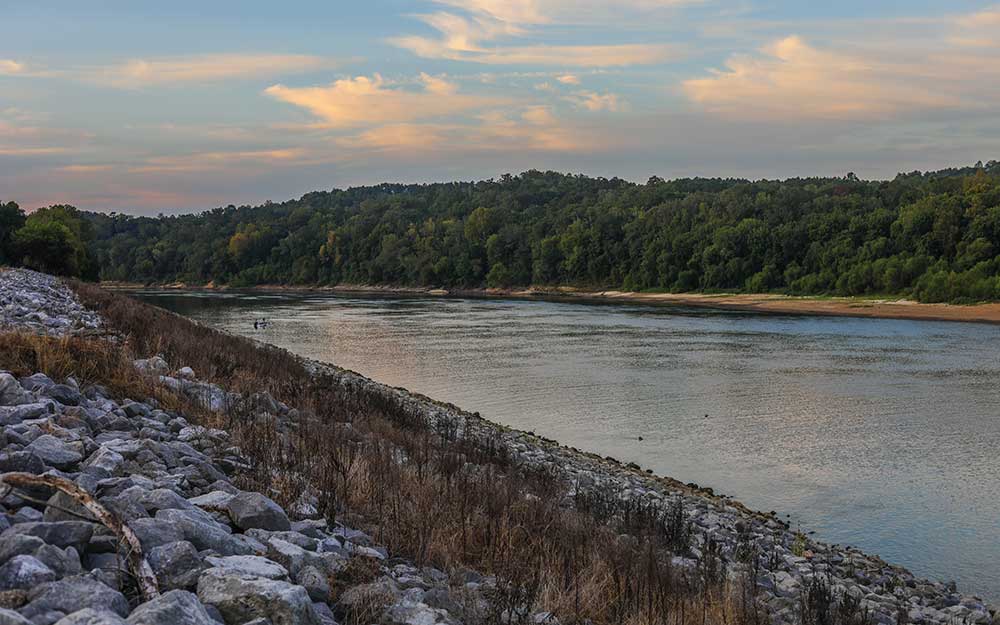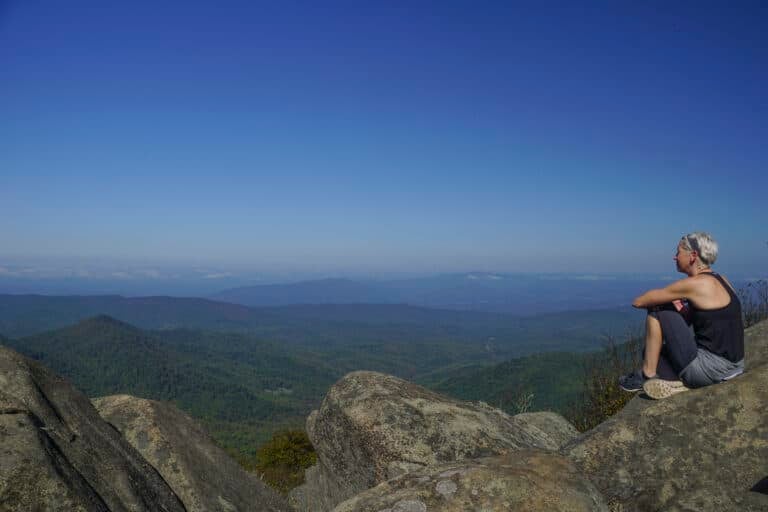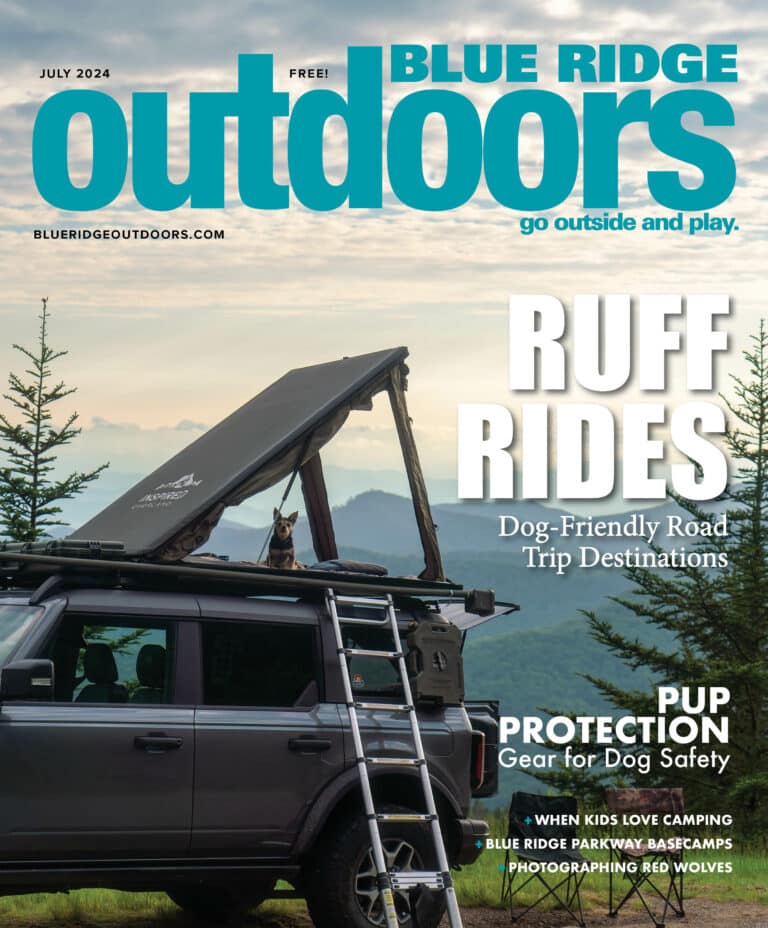The Alabama River near Clairborne Lock and Dam, one of the many obstacles competitors had to portage around during the event. Photo by Gerry Seavo James
Paddlers Navigate Southern Waters During New Epic 10-Day Race
Back in September a small group of some of the region’s toughest paddlers convened at Weiss Lake to start an epic 10-day, on-the-water race across Alabama. The inaugural Great Alabama 650 took racers across the majority of the Alabama Scenic River Trail—the longest river trail in a single state—for a 650-mile adventure that mixed fast whitewater with plenty of flat wide-open stretches.
The course began in the Appalachian foothills of northeastern Alabama with the crossing of Weiss Lake. From there, paddlers negotiated the Coosa River, which included a rumbling whitewater section, several miles down the Alabama River, and then a labyrinth of paddling through the remote delta region of the state, along a few rivers that included the Mobile, Tombigbee, and Tensaw. They also endured nine portages, carrying boats and cargo between two navigable waters, as well as 70-mile paddling days, lurking alligators, navigation under extreme fatigue, and traveling significant distances between resupply points.
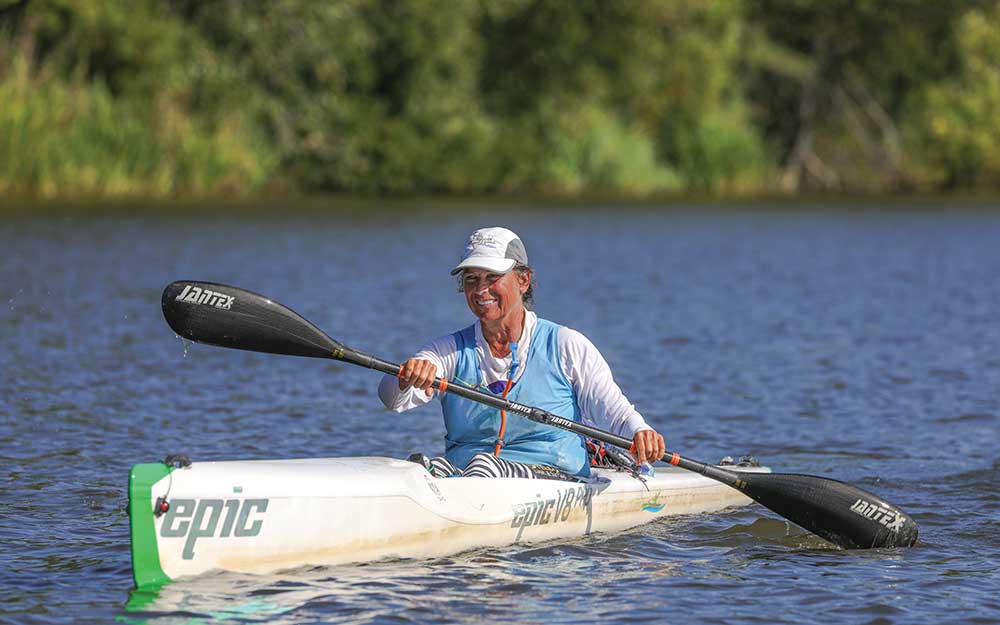
Out of the gate, a dozen paddlers stepped up to the challenge, and an early rivalry ensued between Salli O’Donnell and Bobby Johnson. O’Donnell is a retired Army officer and a lithe nearly 60-year-old with extensive ultra-paddling experience. She led the event within the first three miles, paddling her Epic V8Pro surfski (an Australian-style ocean kayak), and was in the lead heading in and out of the first portage. Trailing not far behind was Johnson—nearly 30 years her junior, paddling his Epic 18X—a strong paddlesports racer and winner of the previous year’s 300-mile Everglades Challenge in Florida.
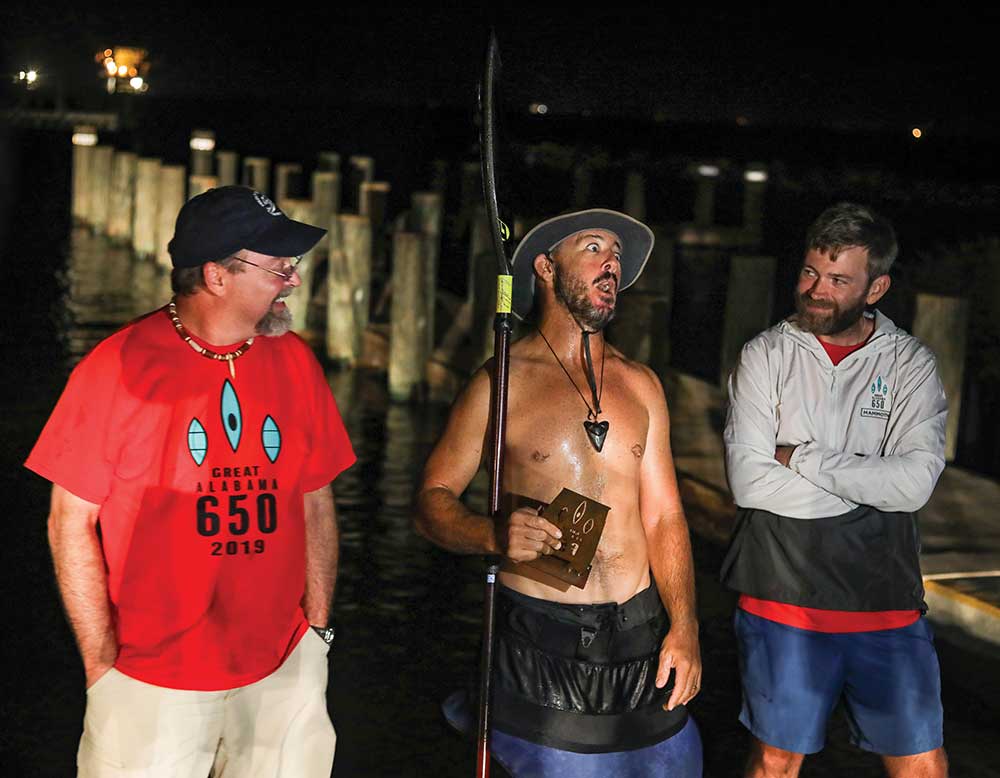
In the twilight hours of day six, the two early leaders were the only two solo boats left in the race, with the tandem kayak crew of Ryan Gilkin and Susan Jordon hanging on as the sole team boat. O’Donnell, who had propelled herself to a 20-mile lead, eventually was outpaced by Johnson after they battled through Alabama’s delta region. Both ended up crossing Mobile Bay at night in surf conditions, with Johnson arriving just before midnight at Fort Morgan, winning the event with a time of seven days, eight hours, one minute, and 55 seconds.
O’Donnell arrived around five in the morning, after over five hours of paddling in near-ocean conditions in pure darkness with nothing but her red and green navigation lights providing illumination. Her total time was seven days, 15 hours, 19 minutes, and 54 seconds. Gilkin and Jordon arrived on Monday, September 23, nine long days after they first dipped their paddles. These four hardcore boaters impressively set precedent at one of the most challenging endurance events to ever emerge in the wild waters of the South.
